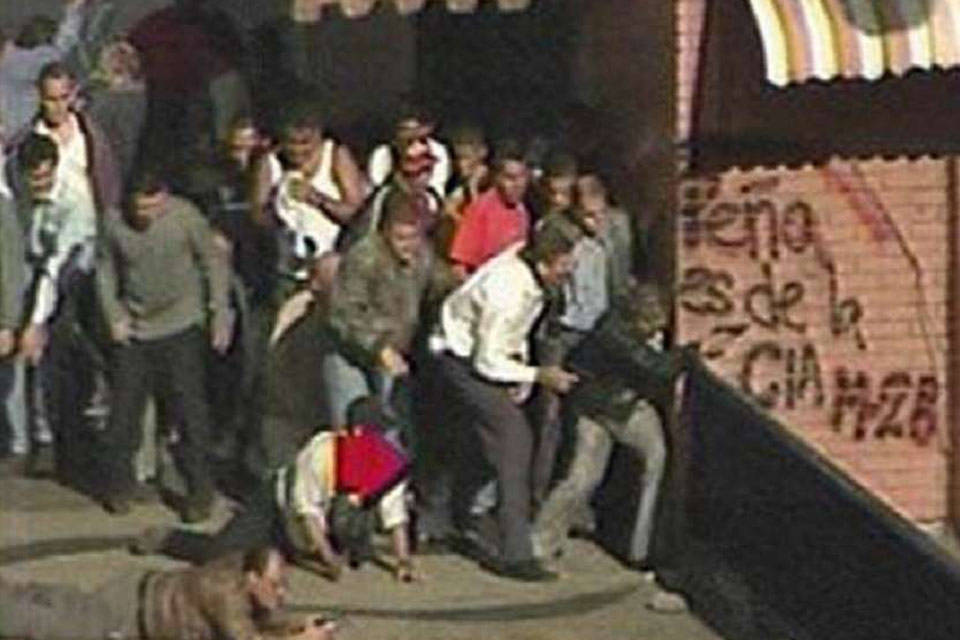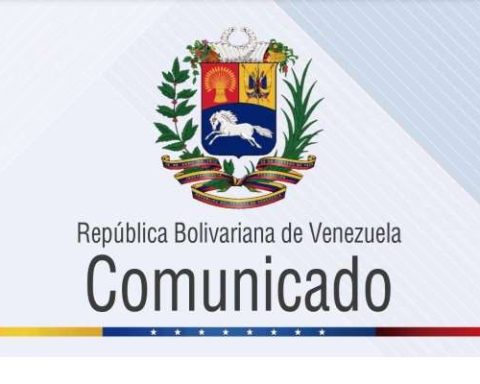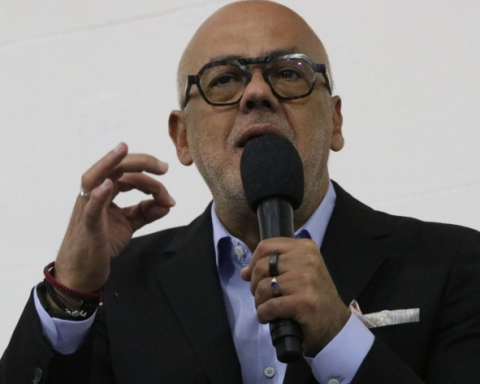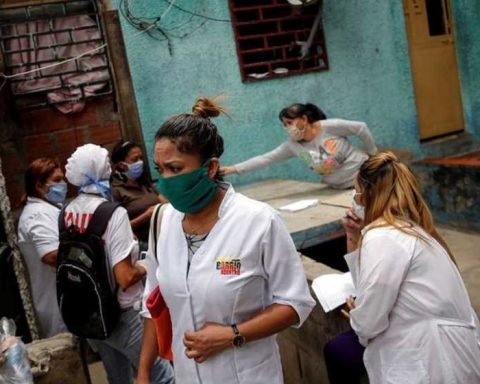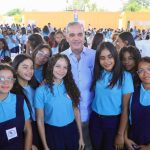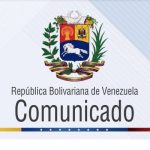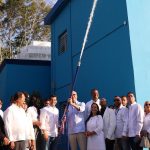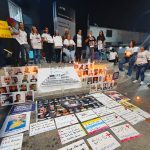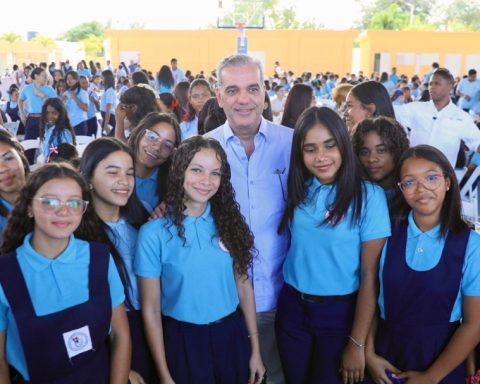For the Penal Forum, the armed attacks by the security forces – by presidential order – on April 11 against the protesters were “very clear crimes against humanity that were committed at that time from power against the citizenry. Impunity continues to be the rule.”
The Venezuelan Penal Forum assured that, after commemorating 21 years of the events of April 11, 2002, impunity is the “fundamental characteristic” in the deaths that occurred in the context of these peaceful demonstrations.
The lawyer and vice president of the Penal Forum, Gonzalo Himiob, assured in a video that “today, Venezuelans do not know justice in relation to what happened on April 11, 2002.” He explained that 79 criminal investigations were opened, as the State recognized at the time, but “none really came to anything. Justice was not reached, no one reached the truth of the facts.
Of those 79 investigations, only three concluded in a final sentence: one acquittal and two “dubious and without evidence” convictions (…) The others were archived or dismissed.
For the Penal Forum, the armed attacks by the security forces – by presidential order – against the protesters were “very clear crimes against humanity that were committed at that time from power against the citizenry. Impunity continues to be the rule.”
For his part, the president of the Penal Forum, Alfredo Romero, assured that this impunity also drags on in international organizations such as the Inter-American Commission on Human Rights (IACHR), which admitted the complaint on October 21, 2006 about the events of September 11. April}
After the last action in that instance, in July 2007, all that remained was to wait for the decision, which has not materialized. The president of the Penal Forum recalled the death of jesus espinoza18 years old, who was murdered with a shot to the head on Avenida Baralt, in Caracas, and whose case was included in that request to the IACHR.
«What happened to the murder of those other 17 people?, including this 18-year-old boy that I told you about, was filed. The Inter-American Commission on Human Rights is indebted to the Venezuelans, since having admitted this complaint and having concluded the entire procedure related to it, to date it has not ruled to refer this case to the Inter-American Court of Human Rights.” Romero noted.
In addition, he assured that that year marked the beginning of the political repression in Venezuela, which is currently under investigation by the Prosecutor of the International Criminal Court (ICC). “It is not April 11, 2002 that is being investigated (the ICC) , but what happened later».
The demonstrations of April 11, 2002 and the movements of a sector of the opposition and the Venezuelan business community led to an attempted coup, the resignation of then President Hugo Chávez and the installation of a transitional government headed by Pedro Carmona Estanga. Chávez was restored to power two days later, after remaining on the island of La Orchila.
April 11 and the metropolitan police officers
Due to the events of April 11, nine members of the Metropolitan Police were convicted of two of the 19 deaths that occurred on that date. Responsibility was never found for the remaining murders.
Héctor Rovain, Erasmo Bolívar and Luis Molina remain in prison, who were sentenced to 30 years in prison despite the fact that the expert reports presented by the Scientific, Criminal and Criminal Investigation Corps (Cicpc) during the trial exonerated them of responsibilities. His relatives have requested that they be granted procedural benefits to serve the rest of the sentence in freedom, but Judge Ada Marina Armas has denied each of the requests.
The three officers served most of their sentences at the Ramo Verde National Center for Military Prosecutors, in Los Teques. Since October 22, 2021, they were transferred to the Fénix Penitentiary Center, in Barquisimeto, where they hardly have access to the food that their relatives send them.
While the commissioners Henry Vivas and Lázaro Forero pay sentence through humanitarian measures from house to prison for the serious illnesses they suffer. The same is true of Sergeant Julio Rodríguez.
the commissioner Ivan Simonovis He was in his house, with a measure of house for jail, until the interim government chaired by Juan Guaidó pardoned him. He fled the country in 2019 for the United States.
To date, the only one released due to these events is Commissioner Marco Hurtado, whose release ticket was issued in January 2020 despite the fact that he should have been released in December 2019.
The commissioner was sentenced to 16 years and 8 months in prison for the deaths of Ruby Alfonso Urbano Duque and Erasmo Enrique Sánchez, two supporters of the ruling party.
Post Views: 121
